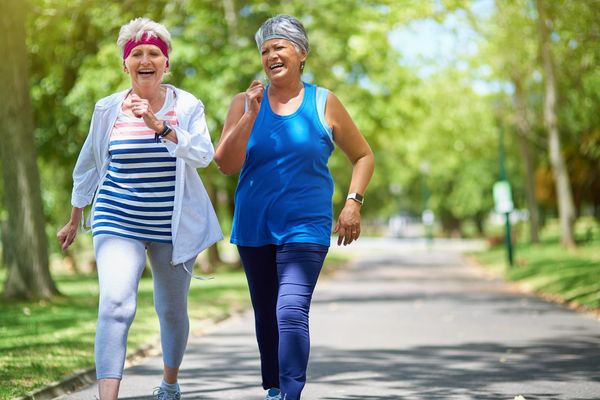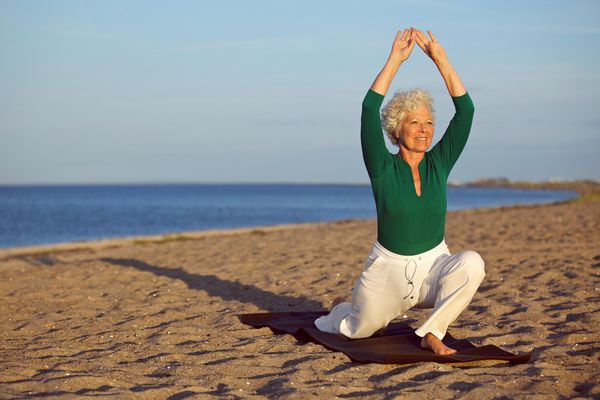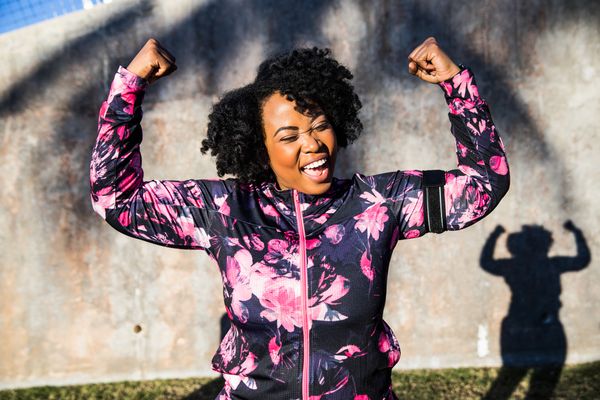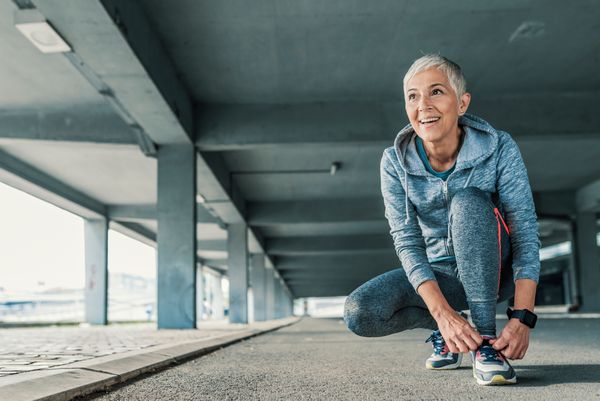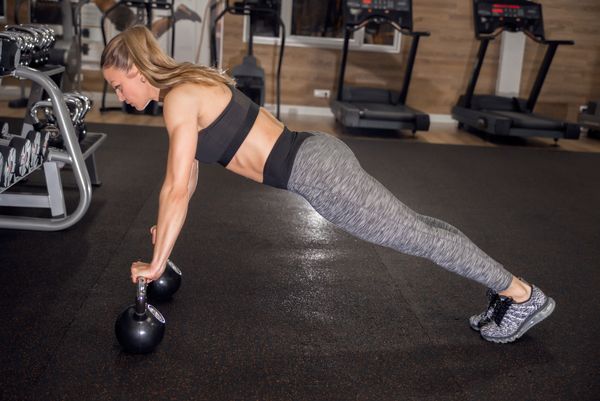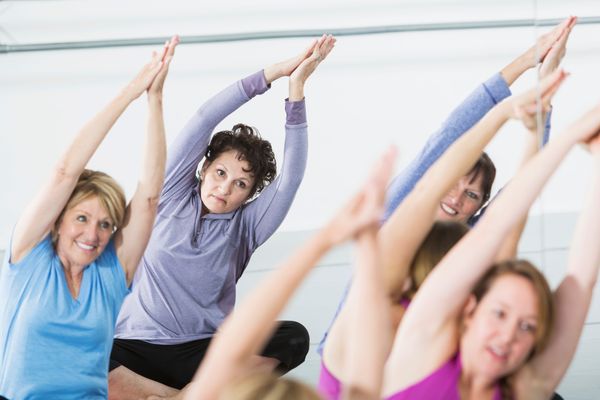When the weather calls for tank tops and shorts, you may begin to notice a few areas of your body that need to be toned, perhaps prompting you to go for a jog. While your urge to get out and get moving is a healthy one, there are some precautions you'll need to take to stay safe while exercising in the heat.
How hot weather affects your physiology
When you exercise, your blood gets pumping to deliver adequate oxygen to your muscles. This leads to a rise in body temperature. When you're getting physical in above-average temperatures, this effect is more intense, because your heart sends large amounts of blood to the skin in an attempt to cool it down and, in turn, leaves less blood in the muscles, further speeding the heart rate.
What's more, in humid weather, sweat is sometimes unable to do its job because it doesn't evaporate as efficiently as it does in a drier climate. This may drive body temperatures to dangerous extremes.
There are three basic levels of heat-related illness: heat cramps, heat exhaustion and heatstroke. You should be familiar with the signs of each of these conditions so you can identify them when you or someone else may be in danger of overheating.
Keep your cool
The importance of staying hydrated in hot temperatures can't be overstated. When the temperature is 90 degrees or more, it's not enough to drink only when you're thirsty. Be sure to consume at least 8 to 12 ounces of water within 30 minutes of exercise, and have more fluids on hand to drink about every half hour while you exercise.
Wear a hat and loose, lightweight clothing to help protect you from harmful UV rays and to provide some shade to prevent overheating. Slather on sunscreen to keep sunburns at bay, which allows the skin to more efficiently keep itself cool. Additionally, steer clear of wearing dark colors and fabrics that don't breathe.
Simply paying attention to your body's signals and your personal limits may help you exercise comfortably during the summer. If getting active in the midday sun doesn't sit well with you, then don't do it. Instead, find a pool or walk laps in a shopping mall to get your daily 30 minutes of exercise.
Alternatively, you may find that heading out once the sun goes down is a more pleasurable way to enjoy the outdoors—just be sure to wear reflective, light-colored clothing and keep safe.
Finally, if you're a senior or have certain medical conditions—especially those that affect the heart—you should get clearance from your physician before exerting yourself in hot weather. Your health care provider may have some specific recommendations for you to avoid heat-related illness.
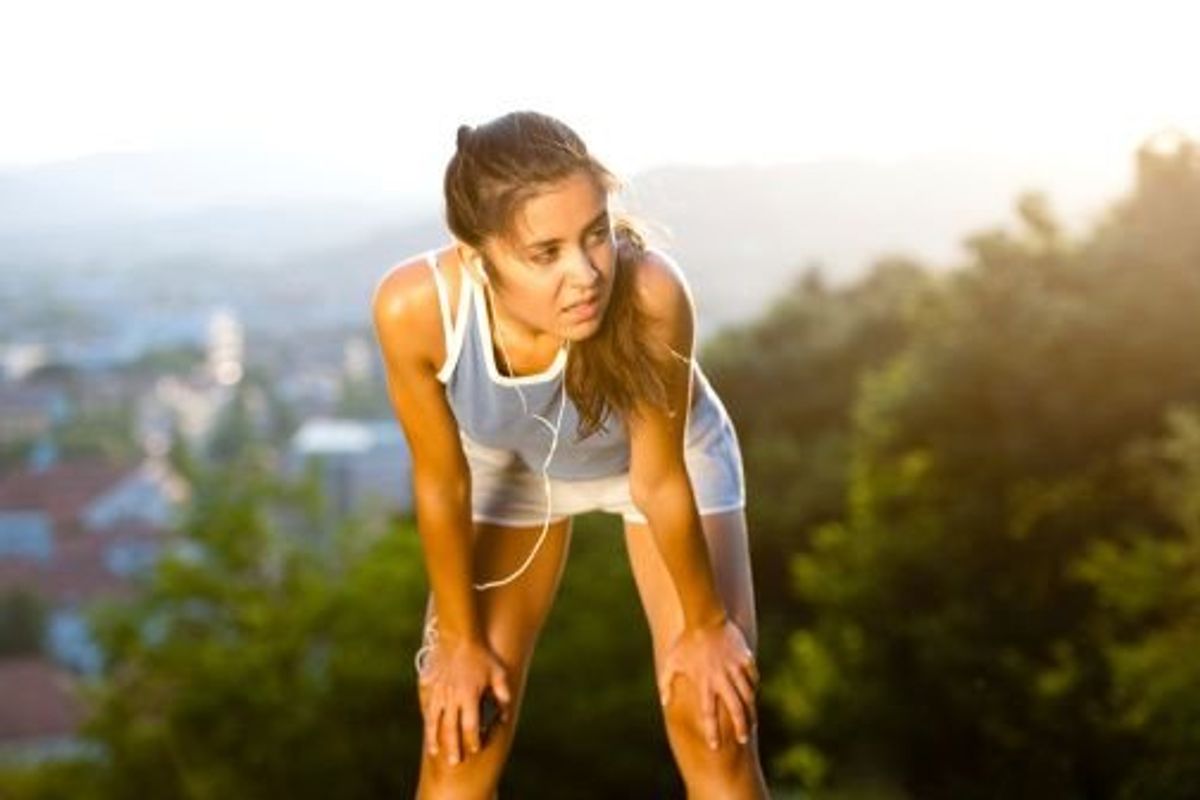
Hot Weather and Exercise: How to Safely Sweat It Out in the Summer
Jul 16, 2012
Jan 23, 2025
Nutrition & Movement
